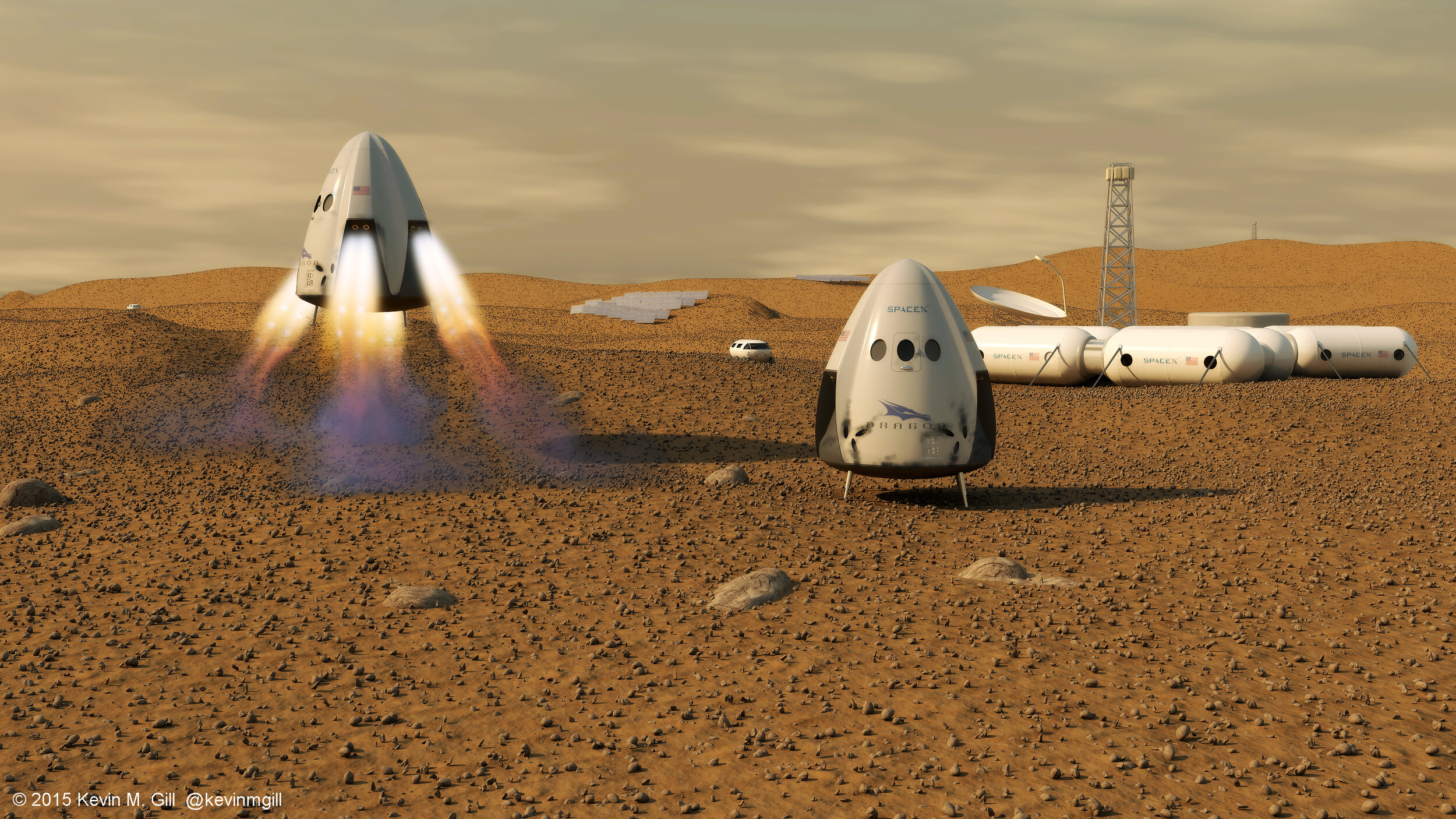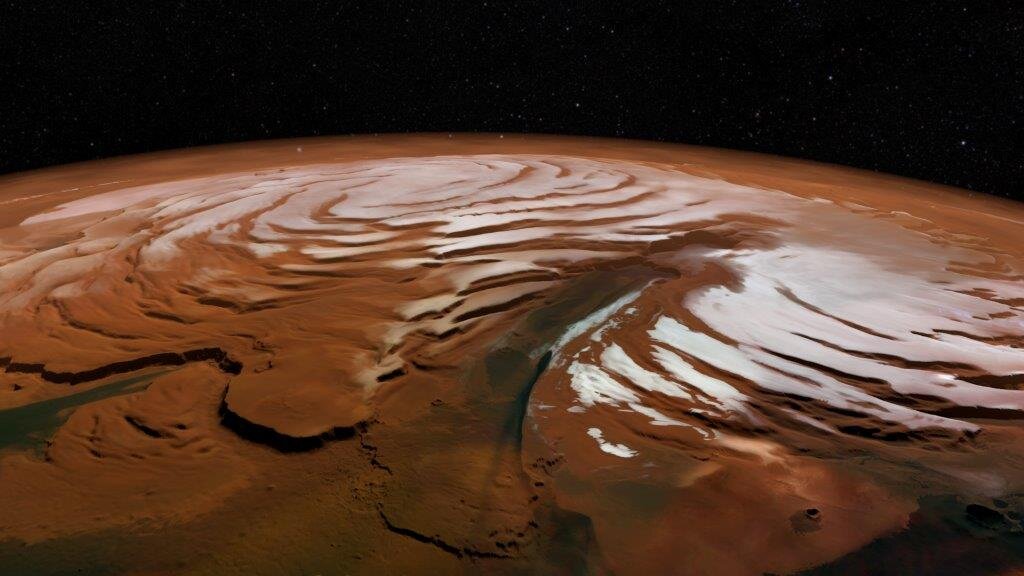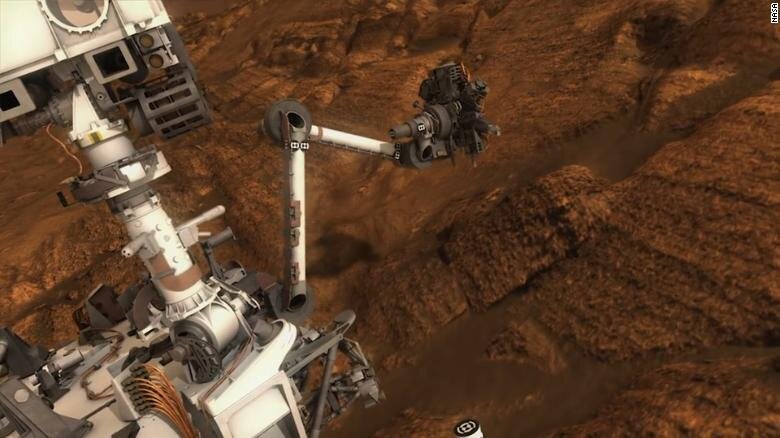
Why Mars?
Our interest in Mars started in 1960s as we adventured upon to learn about the red planet. The interest has not yet ended and multiple rovers and missions have been established to learn about the red planet.
Volcanic Activity
Similar to Earth, Mars’ past volcanic activity shows a potential of mineral deposits. Olympos Mons (pictured above) erupted 25 million years ago and is believed to have deposited minerals when the eruption occurred.
Polar Ice Caps
Mars has proven record of past ice ages that resulted in polar ice caps that our satellites have detected. Current theory is that if the polar ice caps melted, Mars could entirely be covered with liquid water.
Atmosphere
Mars’ atmosphere contains similar composition to that of Earth. The major elements composing the Atmosphere are CO2(95%), Nitrogen(2.59%), Argon(1.94%), Oxygen(0.16%),
Water in Mars
While water exists in Mars, it does not exist in the liquid state that we look for. Some facts about presence of water in Mars.
Found as ice polar caps.
It is believed that most of the water that Mars has is beneath its surface.
Current soil pattern shows past movements of water. For example, we see past record on the soil where once a liquid water could have flown through. We have seen evidence of basins, river valleys and branching streams that could have existed in the past.
Mars Explorations
What have we learned?
Multiple space agencies have sent spacecraft to understand Mars since 1960s. Since then, these spacecrafts, orbiters and rovers have provided valuable information that helps to learn more about the planet.
Mars has some of the largest volcanoes in our solar system.
Similar to Earth, NASA has detected multiple marsquakes in the surface of the planet.
It’s environment has a continuous presence of dust storms.
In the end, the results so far has shown that Mars has essential ingredients to support life.
The question still exists on whether or not if life ever evolved in Mars. We are not just looking for if we can “migrate” to Mars but also if it ever supported life and if it did, what happened to the life it supported.




